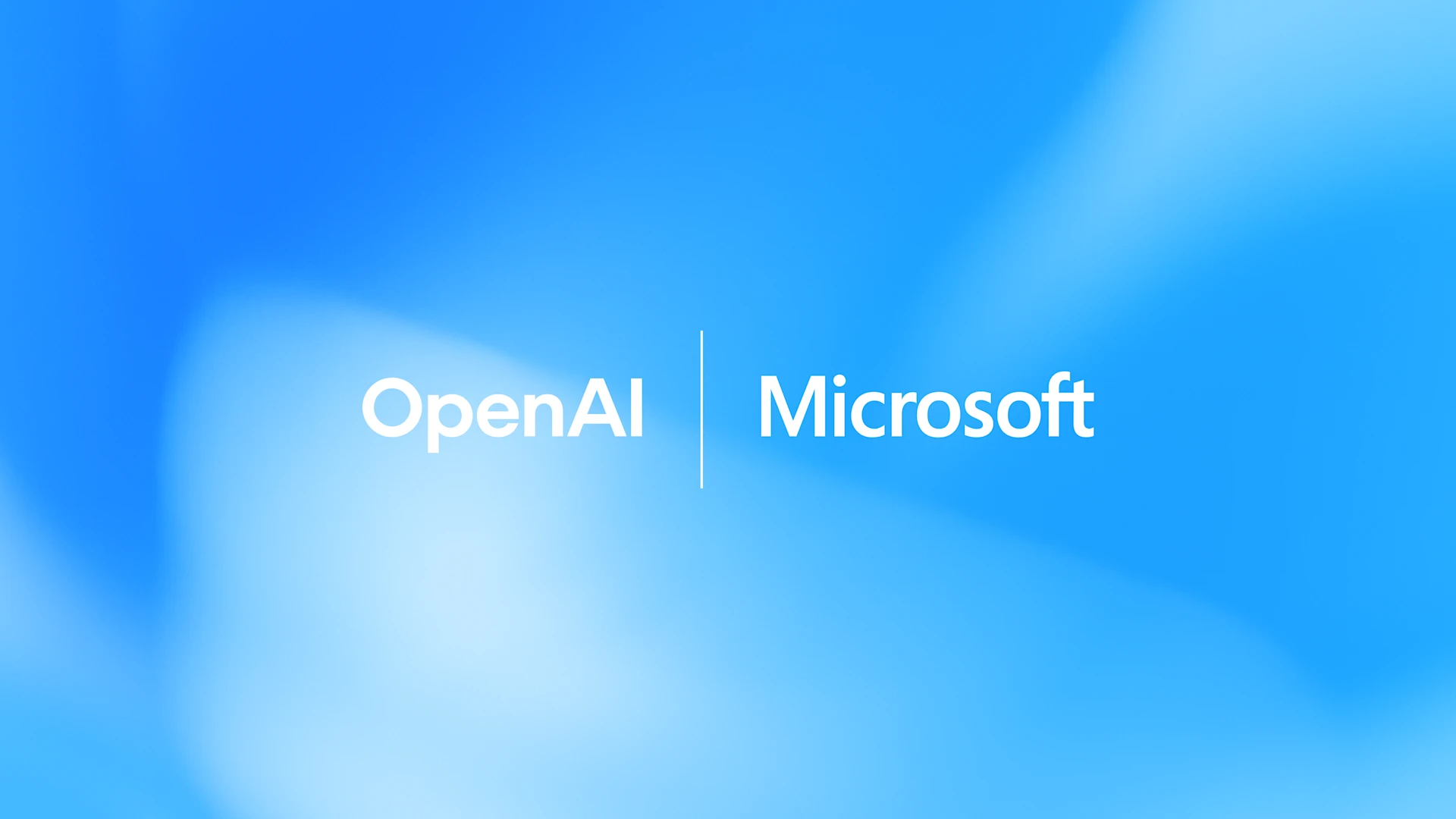Microsoft and OpenAI have entered a new phase in their partnership by signing a definitive agreement that formalizes the path for OpenAI to form a Public Benefit Corporation (PBC), and undergo recapitalization, as part of a complex process of building its identity as a for-profit corporation.
In a press release, OpenAI revealed that following the recapitalization, Microsoft holds an investment in OpenAI Group PBC valued at approximately US$ 135 billion, representing roughly 27 percent on an as-converted diluted basis, inclusive of employees, investors, and the OpenAI Foundation. The agreement preserves the core elements of the partnership: OpenAI remains Microsoft’s exclusive frontier model partner, and Microsoft retains exclusive intellectual property (IP) rights and Azure API exclusivity until the emergence of Artificial General Intelligence (AGI).
Many key provisions remain definitive. For example, any future declaration of AGI by OpenAI will be verified by an independent expert panel. Moreover, Microsoft’s IP rights for models and products have been extended through 2032, covering post-AGI models with added safety guardrails to research confidential methods in model development that remain until either AGI is verified or through 2030, whichever comes first. Also, Microsoft’s rights no longer cover OpenAI’s consumer hardware.
The updated deal enables independent flexibility for both companies. OpenAI can engage and develop with third parties with API products remaining exclusive to Azure, while non-API products may run on other clouds. Microsoft pursues AGI development independently or with other partners, though models built using OpenAI IP before AGI will be subject to compute limits.
OpenAI has agreed to purchase an additional US$ 250 billion in Azure services, while Microsoft relinquishes its right of first refusal to be OpenAI’s compute provider. The existing revenue-sharing agreement will continue until AGI verification, with extended payment timelines. OpenAI is allowed to offer API access to U.S. national security customers regardless of cloud provider and release open-weight models that meet capability criteria.
With this expanded partnership, both companies reaffirm their commitment to driving AI innovation responsibly while ensuring that its benefits are broadly accessible across industries and society.



